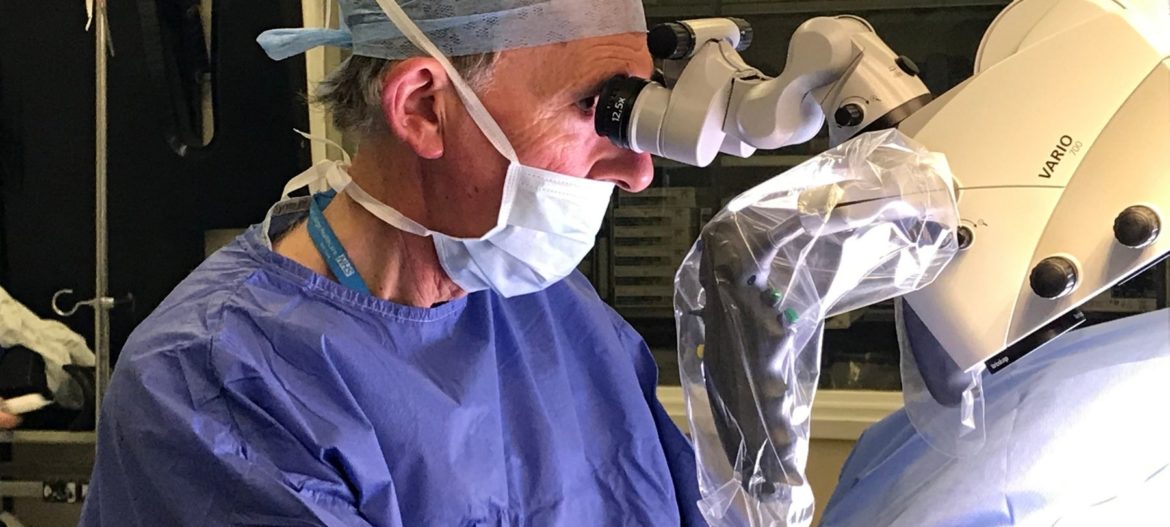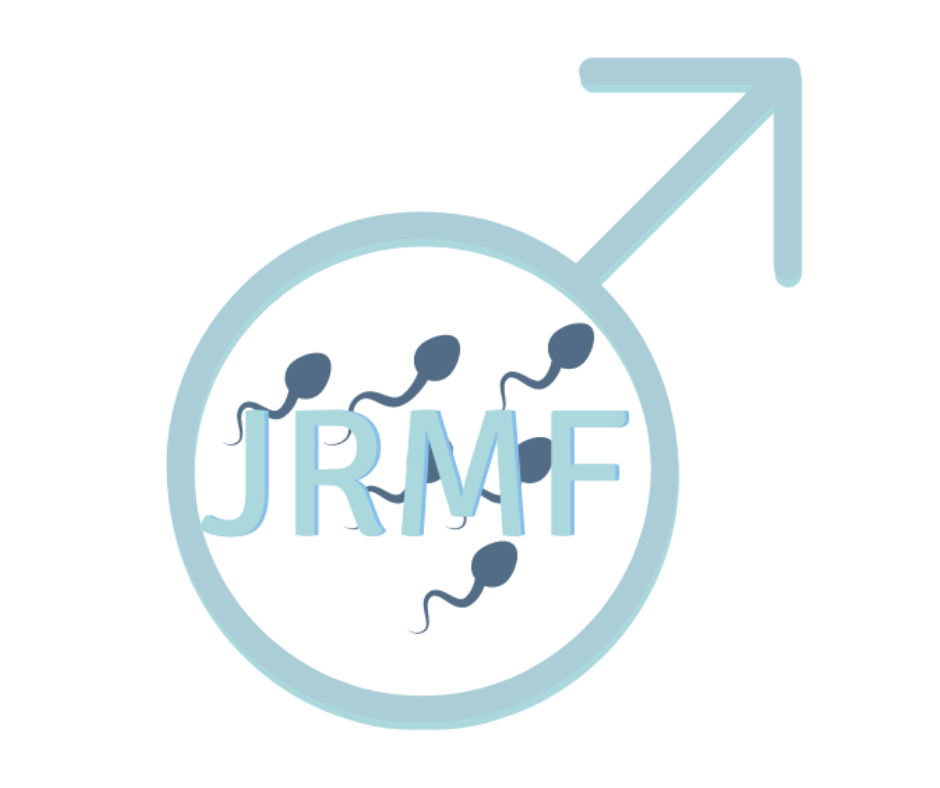A varicocele is an enlargement of the veins within the loose bag of skin that encases your testicles (scrotum). A varicocele is similar to a varicose vein you might see in your leg.
Varicoceles are a relatively common cause of low sperm production and decreased sperm quality, which can be a cause male factor infertility. However, not all varicoceles affect sperm production. Varicoceles can also cause testicles to fail to develop normally or shrink.
Most varicoceles develop gradually over time, are usually straightforward to diagnose and many don't need treatment. If a varicocele causes symptoms or affects fertility, it often can be repaired surgically.
What are the symptoms? A varicocele often produces no signs or symptoms. Occasionally, it might cause pain characterised by:
- Varying from sharp pain to dull discomfort
- Increasing pain with prolonged standing or physical exertion
- Worsening over the course of a day
- Relief when you lie on your back
- Impaired fertility
Over time, varicoceles might enlarge and become more noticeable. Often a varicocele is been described as looking like a "bag of worms." Some patients may experience swelling of the testicle, almost always on the left side, most likely because of the position of the left testicular vein.
What causes a varicocele? A blood vessel called the spermatic cord carries blood to and from the testicles. It is still not certain among experts as to what causes varicoceles. However, many believe they are formed when the valves inside the veins in the spermatic cord prevent your blood from flowing effectively. The resulting backup of blood may cause the veins to widen which in turn might cause damage to the testicle resulting in worsened fertility.
Why is it a problem? A varicocele might cause:
- Shrinking of the affected testicle (atrophy). The testicle mostly comprises sperm-producing tubules. When damaged, as from varicocele, the testicle shrinks and softens. It's not clear what causes the testicle to shrink, but the malfunctioning valves allow blood to pool in the veins, which can result in increased pressure in the veins.
- Infertility. Varicoceles might keep the local temperature in or around the testicle too high, affecting sperm formation, movement (motility) and function.


